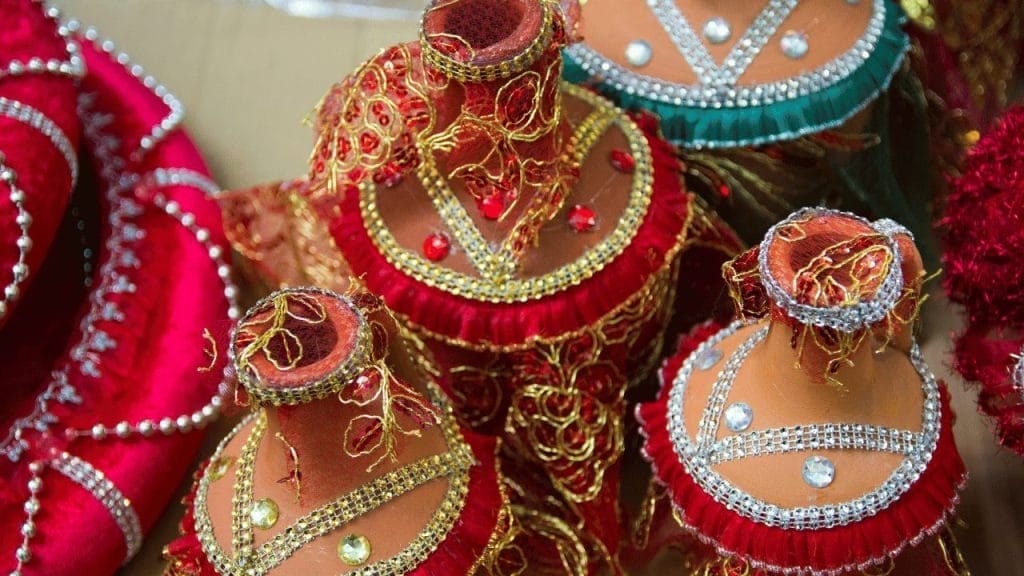Dowry cases are rising in India. Dowry is a social evil in the society, that has caused unimaginable tortures and crimes towards women.
In India, the payment of a dowry was prohibited in 1961 under Indian civil law and subsequently by Sections 80 and 85 of the Bharatiya Nyaya Sanhita 2023 were enacted to make it easier for the wife to seek redress from potential harassment by the husband’s family.
Dowry laws have come under criticism as they have been misused by women and their families.
Legal Funda has Expert Lawyers For Dowry Case in Delhi Who Can help you Fight for Your Right. As per the Indian dowry laws someone accused of taking dowry is subject to a multiplicity of legal processes.
Provision for Dowry Cases under Dowry Prohibition Act 1961

In Dowry Prohibition Act, “dowry” means any property or valuable security given or agreed to be given either directly or indirectly— (a) by one party to a marriage to the other party to the marriage ; or (b) by the parents of either party to a marriage or by any other person, to either party to the marriage or to any other person, at or before 1[or any time after the marriage] 2[in connection with the marriage of the said parties, but does not include] dower or mahr in the case of persons to whom the Muslim Personal Law (Shariat) applies.
Explanation I.— 3[***] Explanation II.—The expression “valuable security” has the same meaning as in Section 2(31) of Bharatiya Nyaya Sanhita 2023.
Section 316 of Bharatiya Nyaya Sanhita 2023
This section, for offences related to Criminal Breach of Trust, is usually applied in investigation of straphang recovery from the husband and his family. Offences under this section are bailable and cognizable.
Punishment for criminal breach of trust
Whoever commits criminal breach of trust shall be punished with imprisonment of either description for a term which may extend to three years, or with fine, or with both
Section 80 of Bharatiya Nyaya Sanhita 2023
Dowry death means “Where the death of a woman is caused by any burns or bodily injury or occurs otherwise than under normal circumstances within seven years of her marriage and it is shown that soon before her death she was subjected to cruelty or harassment by her husband or any relative of her husband for, or in connection with, any demand for dowry, such death shall be called “dowry death” and such husband or relative shall be deemed to have caused her death.”
Explanation:-For the purpose of this subsection, “dowry” shall have the same meaning as in section 2 of the Dowry Prohibition Act, 1961 ( 28 of 1961).
Whoever commits dowry death shall be punished with imprisonment for a term which
shall not be less than seven years but which may extend to imprisonment for life.